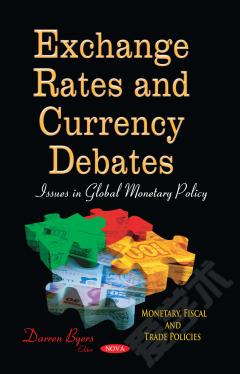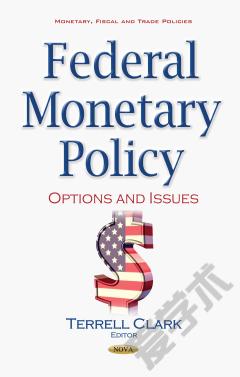Exchange Rates and Currency Debates: Issues in Global Monetary Policy
Exchange rates are important in the international economy, because they affect the price of every country’s imports and exports, as well as the value of every overseas investment. Following the global financial crisis of 2008-2009 and ensuing economic recession, disagreements among countries over exchange rates have become more widespread. Some policy leaders and analysts contend that there is a “currency war” now underway among certain countries. At the heart of current disagreements is whether or not countries are using exchange rate policies to undermine free markets and intentionally push down the value of their currency in order to gain a trade advantage at the expense of other countries. A weak currency makes exports cheaper to foreigners, which can lead to higher exports and job creation in the export sector. However, if one country weakens its currency, there can be implications for other countries. In general, exporters and firms producing import-sensitive goods may find it harder to compete against countries with weak currencies. However, consumers and businesses that rely on inputs from abroad may benefit when other countries have weak currencies, because imports may become cheaper. The United States has found itself on both sides of the current debates over exchange rates. This book provides an overview of exchange rate and currency debate issues and global monetary policy.
{{comment.content}}








 京公网安备 11010802027623号
京公网安备 11010802027623号